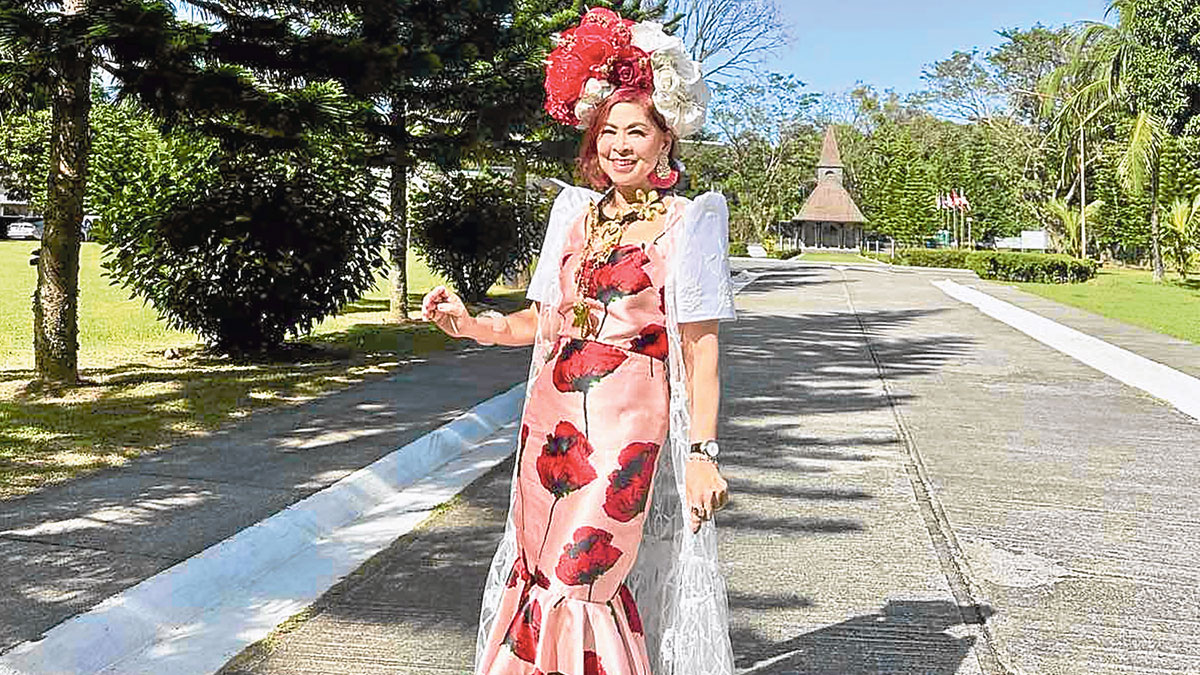IT IS NOT unusual for people to ask what this Sunday’s Gospel means. It seems out of character for Christ to establish division rather than peace, especially among family members, but time and again we see this theme in the Gospels.
Allow me to reflect on this from the perspective not so much of division, but of choice.
A helpful process we use in seminars with public school teachers, and a prayer exercise I use in recollections, is the lifeline of choices. We ask the participants to make such a lifeline, from the time they realized God’s call and mission for them.
Reflecting on this lifeline, they clarify the values their choices show.
Our choices best express the values we live by. We choose according to what we value. We become what and who we choose.
In the classic 1981 work of Roger Fisher and William Ury, “Getting to Yes: Negotiating Agreement without Giving In,” they point out that in negotiating, one must focus on interests, not positions. The interests are value-based, and it is on the level of values that one can come to an agreement.
In the sequel to this work, “Getting Together: Building Relationships as We Negotiate,” they stay with the goal of the process, which is to build relationships that allow differences.
Using this framework of Fisher and Ury, the common ground of core values is both what makes relationships and community possible, yet also allows division due to differences that are allowed and accepted by the shared core values.
Shared core values
At the heart of our shared core values is a common journey of mission to follow Christ.
Here lies also the division that Christ talks about in today’s Gospel. We differentiate and become our authentic and unique self—thus, the division it brings. We become “separated” from the “herd” as we understand our mission and the choices we make to live this out, by following Christ closer.
Education and formation must lead one to discovering his/her mission—a mission, in more religious and spiritual terms, defined by the quality of our relationship with God. Who God is to us, in a very personal and unique way, is the core of our mission, to bear witness to others who God is to us.
For Christ, God is his Father. This defined everything and created division—a division that led to his persecution and death on the Cross.
Yet, this final moment of choice on the Cross did not happen instantly. From the time he realized his mission and who he was, it had been a journey of choices. The choices he made defined him as the beloved son, and separated him from others.
He was separated from family to belong to a larger community. At times he was separated from his closest friends and followers because he needed to reveal and to teach them a new and a higher set of values, a greater vision and a more enduring mission.
These were the necessary divisions, the rupture needed to allow God’s authentic message to be proclaimed—that dying is necessary to give all of us the opportunity to be born to eternal life.
The choices we make are motivated by the values we embrace. We become our choices. We become our values, as every choice defines us according to how much closer—or farther—it brings us to fulfilling our mission.
In the periphery
At a certain point in the journey of mission, we make the choice to enter the heart of our relationship with Christ, or to stay in the periphery.
Some of us take the risk of entering this heart, entering the mystery of the Cross and Resurrection in our life, in our mission.
Paulo Coelho captures the plight of those who choose to stay in the periphery eloquently.
“Pitiful is the person who is afraid of taking risks. Perhaps this person will never be disappointed or disillusioned; perhaps she won’t suffer the way people do when they have a dream to follow. But when that person looks back—and at some point everyone looks back—she will hear her heart saying, ‘What have you done with the miracles that God planted in your days? What have you done with the talents God bestowed on you? You buried yourself in a cave because you were fearful of losing those talents. So this is your heritage; the certainty that you wasted your life.’”
But those who choose to enter the core will experience the same division and opposition Christ experienced. They will go through the pain and agony of Christ
—but they will also have a share in the Resurrection.
They are the ones who will understand what Christ said in the opening lines of today’s Gospel:
“Jesus said to his disciples: ‘I have come to set the earth on fire, and how I wish it were already blazing!’”
It was the community of 12 that Christ started that eventually chose to enter the core of their relationship with Christ. The common ground was the following of Christ, each had his own gifts and idiosyncrasies, but they all had one goal to build a community that is on pilgrimage toward the greatest community, the Kingdom of God.













































